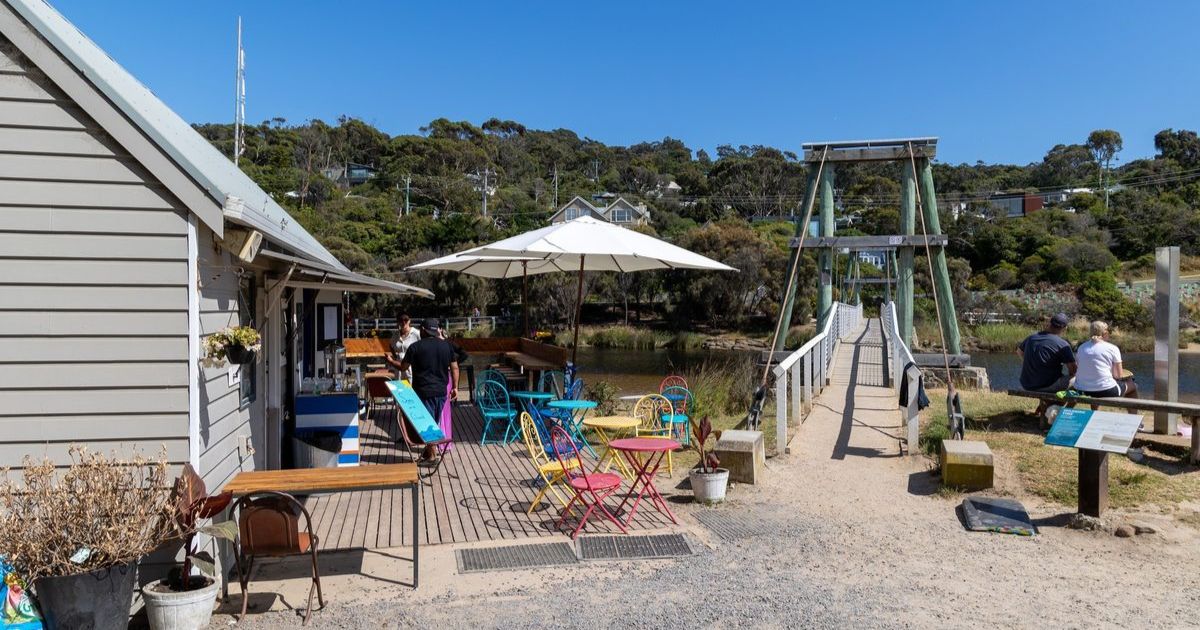The end of an era for The Big Shed

The Big Shed, which has offered furniture to Geelong families for the past 34 years, is set to close in a couple of weeks. Pictured here are owners John and Lucie Dillon, with daughter Shelley. Photos: MICHAEL CHAMBERS
ONE of Geelong’s oldest and most historic stores – The Big Shed – will shut its doors after 34 years.
In the early 1980s, Geelong businessman John Dillon purchased the property on the corner of Fitzroy and Carr streets with plans to develop the massive site.
But after identifying a need for a local furniture outlet, John and Lucie decided to launch The Big Shed as a major furniture retail operation, along with their daughters Shelley and Kim, who would come in after school and help.
A manufacturing plant was also established in North Geelong, supplying The Big Shed customers with a wide choice of timber furniture at competitive prices.
Over the ensuing 34 years, The Big Shed proudly fostered a reputation for supplying budget to mid-priced furniture catering to the needs of Geelong families.
“I’m grateful to have had the opportunity to encounter a vast number of Geelong residents through my time at The Big Shed,” John said.
“It’s been a wonderful experience and I have made many friends along the way.”
During the past 12 years, the famous furniture institution has been run by the second generation of Dillon, with daughter Shelley at the helm after John and Lucie retired.
Shelley was 17 when she left school to start working in the family business, sweeping and doing odds jobs.
Apart from some time away to have her children, Shelley has been involved in all aspects of The Big Shed. But now it’s Shelley’s time to move on from the business, with The Big Shed set to close in a couple of weeks.
The shed has had a long history, with the imposing heritage structure built entirely from corrugated iron more than 100 years ago.
The original land subdivision dates back to November 22, 1913, at which time the original purchaser secured numerous titles to acquire the substantial plot.
The circa-early-1900s structure has become an iconic landmark in Geelong that has remained unchanged, despite being utilised for a wide variety of purposes over its colourful history.
In its early life, “the shed” was established as a glass bottle manufacturing plant for Geelong Bottle Company.
A major wool company later took over and operated a storage and dispatch warehouse from the shed for many years.
During World War II, the shed was utilised as emergency housing for American soldiers based at Queenscliff Fort.
Past uses of the shed also include stints as a timber and demolition material outlet as well as a wholesale produce market.



















